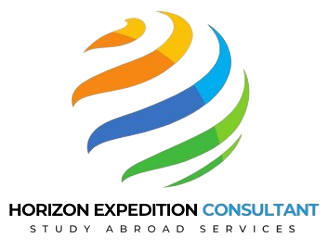FAQS
Frequently Asked Questions About Studying Abroad
If you don’t find the answer to your question below, please feel free to contact us. Our skilled study advisers are here to help!
Yes, we provide services both virtually and in-person. Our advisers assist students from any location via Skype, Zoom, phone calls, or other preferred digital platforms. All paperwork is managed through a secure portal, so you don’t need to visit our offices.
Yes, we have contracts with many universities, which allow us to officially represent them. These agreements include specialized training for our study advisers to better assist students.
It depends on your grades. Generally, if you have strong grades and have studied for at least 12 years, you can enter the first year. Entry requirements may vary depending on the country and institution, so please consult your IEP study adviser.
Your visa will typically last for the duration of your course. However, this depends on the type of visa you apply for.
Processing times depend on the country and the type of visa. Many countries also offer fast-track visa application services. Speak with your IEP study adviser for more details.
Our fees are covered by our university partners, so our services are completely free for students.
Most universities offer scholarships, typically based on academic performance. Speak with your IEP study adviser to learn more about scholarship opportunities at your chosen institution.
This depends on your visa. In most cases, you can work up to 20 hours per week during term time and full-time during breaks.
Refund policies vary by institution. Generally, you can apply for a refund if you haven’t yet arrived at the university. Please check the refund policy of your chosen institution.
Most universities have two main intakes: January/February and August/September. Some institutions also offer a third intake in May/June.
Yes, you can bring your family if you are studying for a master’s degree or higher.
The required documents depend on the degree you’re applying for. Commonly requested documents include:
• Data page of your international passport
• Personal Statement
• SSCE result (certificate and statement of results)
• BSc certificate or statement of results (for postgraduate applications)
• Academic transcripts
• Reference letters (personal and academic)
• CV
We will guide you through the accommodation process and connect you with our representatives abroad who can assist you further.
Yes, many of our partner universities accept applications for master’s programs with a third-class degree. However, you may need to complete a pre-master’s program before proceeding.
No, you do not need to write IELTS if you passed English in your WAEC/NECO exams.
